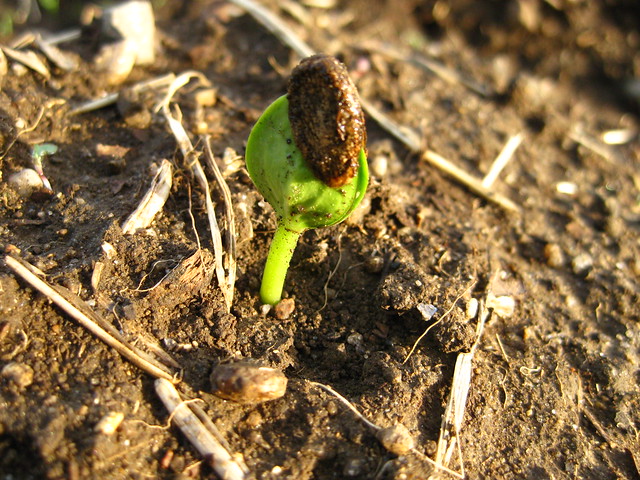History of Egusi Melon Seed Plants
The ancient wild egusi melon is grown in Africa and is a bitter tasting vegetable with hard light green flesh loved for its seeds.
Wild watermelon egusi seeds are a fat and protein-rich seeds of the cucurbitaceous plant. The seeds are used in preparing egusi soup, a kind of soup thickened with the ground egusi seeds cooked with water, oil and typically containing vegetables, seasonings and meat. Egusi stew is popular in many West and Central African countries.
Egusi Melon Seeds In Africa
As a member of the gourd family, egusi melon can grow just anywhere, from humid gullies, to dry savannahs and even tropical highlands depending on the type. Bitter watermelons like the egusi are originally from Namibia in southern Africa, and are one of the most common types of melon.
Egusi melons can grow in the Kalahari Desert and are indigenous to tropical Africa. Egusi melons once established are drought tolerant and an important source of water for living things. Egusi melons are an heirloom type of watermelon, the grandmother of all watermelons. Its flesh contains a tough white tissue, making it unlikely to be eaten raw.
For this reason, it is a popular source of water in the diet of the African Kalahari people. The Egusi melon is also a source of water and food for wild and domestic animals.
The melon is high in vitamin C, minerals, fat, and starch. Because of its hard flesh, it is usually pickled or cooked as a vegetable. The leaves are cooked as vegetable also. Egusi melons firm flesh is comparable to the rind of the watermelon, the part usually thrown away. Egusi melons originate from southern Africa and occurs naturally in South Africa, Namibia, Botswana, Zimbabwe, Mozambique, Zambia and Malawi.
Egusi melons look just like a watermelon on the outside but are very quite different. Its flesh is biter tough tissue and is used mainly for their seeds. The seeds are the stars of the show which are actually edible nutritious oil and protein similar to pumpkin seeds. In many parts of Botswana, Kenya and Nigeria, the egusi seed makes an excellent snack.
Egusi seeds are also roasted and ground into a paste similar to peanut butter. Egusi seeds are frequently added to soups and stews.
Egusi melon seeds can be pressed into patties used like a meat substitute and its oil used for cooking like palm oil, cotton or groundnut oils.
Together we build awareness that boost harmony, education, and success, below are more links to articles you will find thought provoking.
- African Country Names Your Saying Wrong
- What do Waist Beads Symbolize in Africa?
- About African Healers and Witchdoctors
- Hurricanes are Angry African Ancestors
- Highest Temperature and Lowest Temperature in Africa
- About African Night Running




























